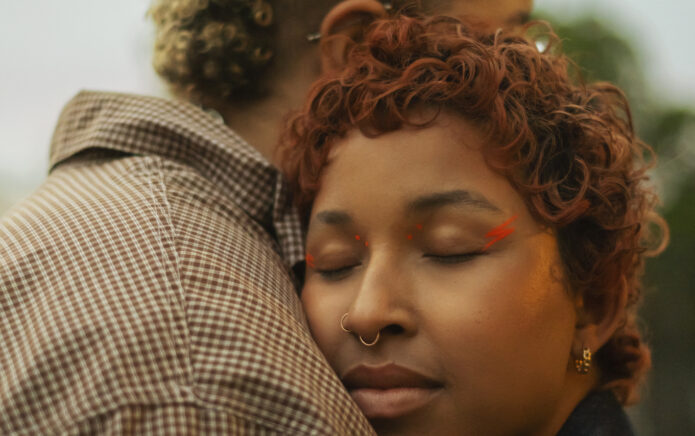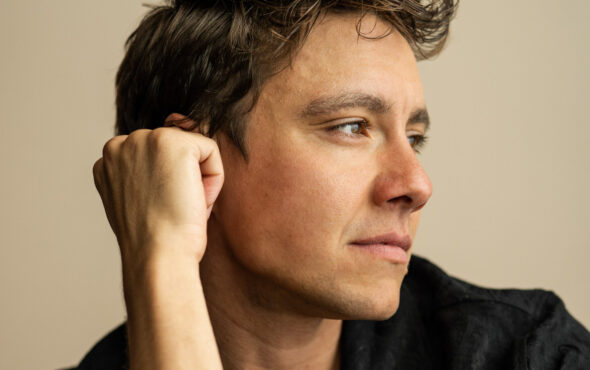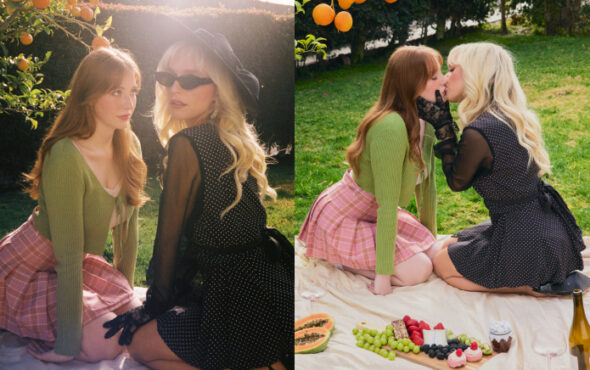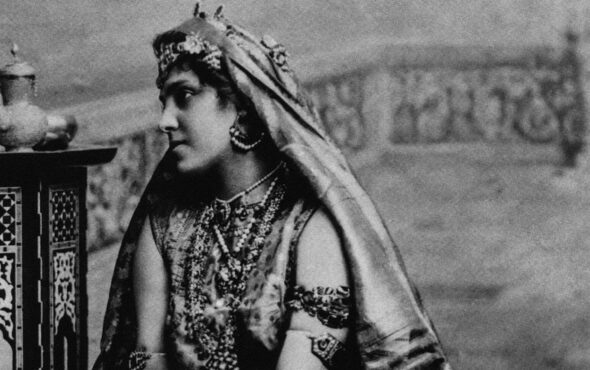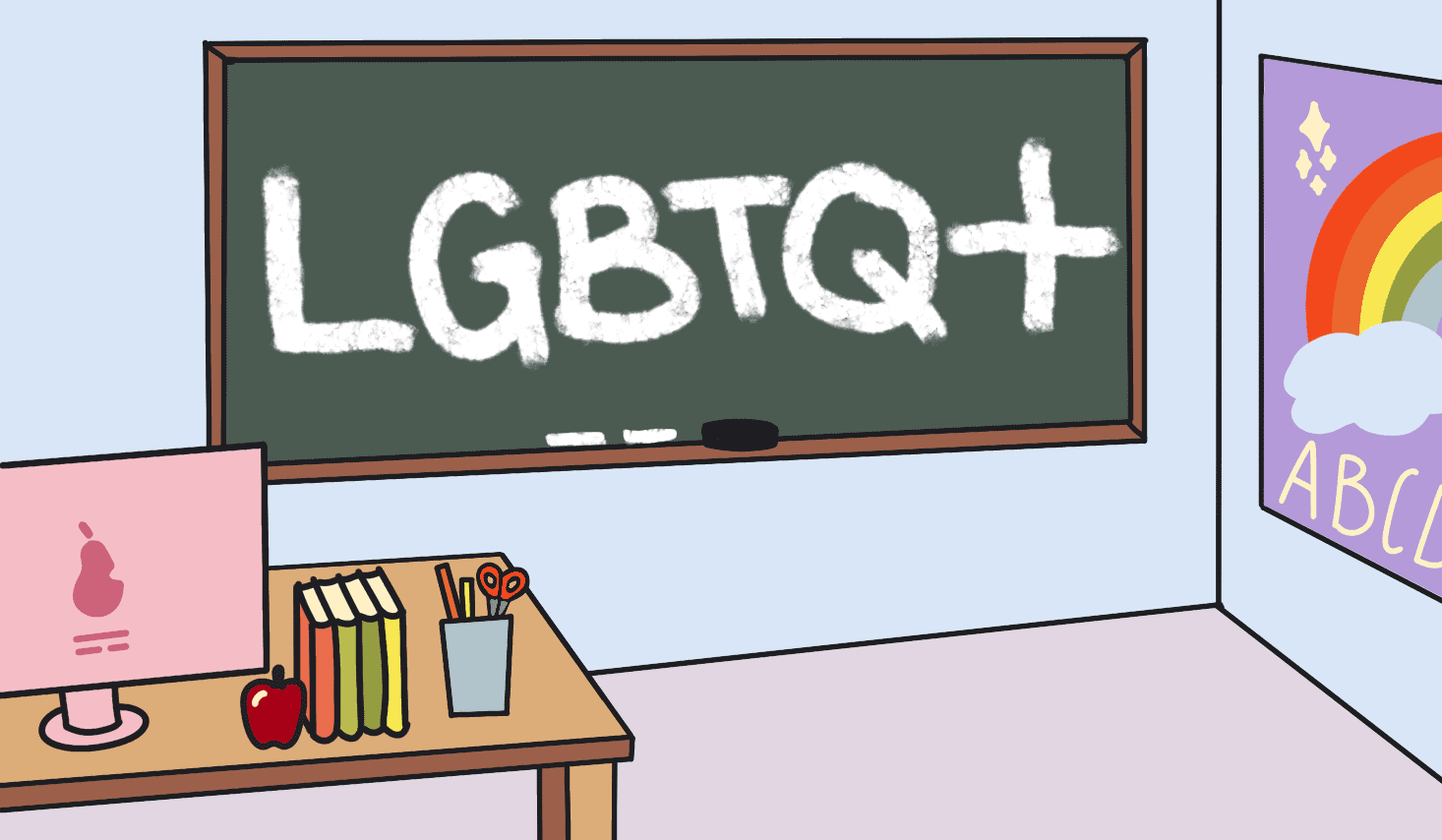
There was an area in the school playground that was ours. Before school, every break time and lunchtime we’d be there, kicking the football around, scuffing up our school shoes good and proper.
It was magical; the concrete surface, no barrier to vigorous slide tackles and glorious goalkeeping. To be victorious was vital. But amongst this feeling of freedom through football was always a sense of not quite belonging, compounded by that question: “Are you a boy or a girl?”
Standing there with the boys, in the dress I hated wearing, with bruised shins and short, ruffled hair, I’d reply sheepishly: “I’m a girl.”
Primary school, for the most part, was a joy for me. Lots of football, friends and fantastic teachers. But there was always that constant niggle of not quite fitting in with the boys or the girls. The boys focused on the footie, so that was easier, but the girls focused on the boys and that really didn’t make sense to me. I didn’t know how I identified, but I knew I was different. What I didn’t know then, was that being different was OK.
Secondary school was a shock. There, the boys didn’t accept me as one of them and I didn’t feel like a ‘normal’ girl so I isolated myself. I was bullied every single day.
“Oi, manhead,” I’d hear from across the classroom. “Are you a dyke?” I’d be asked as I wandered through the school corridors. I grew my hair and started wearing skirts to school. It was the days of Section 28 and you just had to try to fit in.
Eventually, all the sport I played paid off and I became physically strong, strong enough that the bullies thought it wiser to leave me alone. I cut my hair short again and ditched the skirts. And slowly my confidence to be myself followed.
But what if I had left primary school with confidence in who I was and where I fit into the world? What if I had left with the skills to challenge gender stereotypes and the courage to be open, positive and assured about being LGBTQIA+? I certainly would have been more likely to thrive in those early years. And maybe, when I went into teaching myself, I would have been able to come out earlier, saving myself the valuable energy and time expended hiding.
Just Like Us, the LGBTQIA+ young people’s charity, didn’t exist back then. But now we work with schools across the UK to create safe, inclusive and supportive environments for LGBTQIA+ young people. Every June, more than 6,000 primary and secondary schools celebrate School Diversity Week, run by our charity. By signing up for free, schools get access to a host of free LGBTQIA+ inclusive resources to be used across the curriculum and throughout the year.
Most primary schools already focus on providing excellent pastoral care, and with the right tools, they can become incredible communities for young people to feel safe to discuss a range of issues, including LGBTQIA+ topics.
Just Like Us helps schools to discuss and celebrate diverse families and, in line with the national curriculum, promote equality and tackle bullying and discrimination against all protected characteristics.
Twenty years since Section 28 was repealed in England, many challenges remain and LGBTQIA+ school pupils are still twice as likely to struggle with their mental health. We meet schools wherever they are on their inclusion journeys, and work with them to move forwards.
Growing up is a rollercoaster for all of us, but simple changes can ensure that LGBTQIA+ young people find it easier than I did, with teachers who know how to support them and peers who know how to be allies.
Now, waltzing about in my waistcoat and bow tie, I’ve not escaped that question: “Are you a boy or a girl?” and my answer is: “Does it matter?”
Just Like Us is the LGBTQIA+ young people’s charity and runs School Diversity Week as well as providing school talks and a Pride Groups programme.
